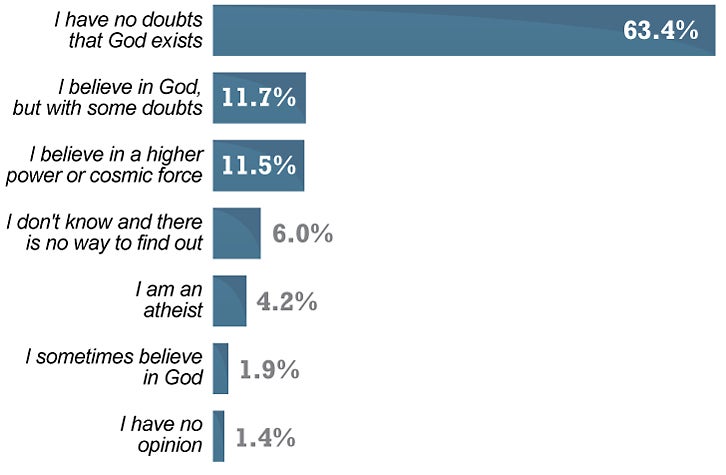The vast majority of American adults hold a definite belief in God. Yet, despite this persistence of belief in America and the important place of religious practice in civil society, an increasingly narrow view of religion is threatening to force faith out of the public square.
Consider the recent mandate by the Department of Health and Human Services that will require almost all insurance providers to cover contraceptives, sterilization procedures, and education and counseling regarding such services—without cost to the insured. The rule includes mandatory coverage of ethically controversial drugs like ella, which can act as an abortifacient.
Employers with moral and religious objections to providing such insurance coverage will find little recourse in the mandate’s narrow religious exemption. While the mandate’s potential threat to employers’ religious freedom is already causing a stir in court rooms and in the nation’s capital, the struggle to protect conscience rights on morally divisive issues is sure to continue well into the future.
As Heritage research fellow Ryan Messmore points out, the increasing hostility toward individuals and institutions acting according to deeply held beliefs is a gross misunderstanding of the place of religious belief:
Efforts like these to restrict the scope of religious freedom go hand-in-hand with narrow, privatized notions of religion. Someone who sees religion solely as a spiritual matter is likely to view it as unrelated to other spheres of life.
Relegating religious belief to the private square ignores the profound role faith plays in spurring people and organizations to good work and can hamper the protection of religious freedom. Messmore continues:
According to this privatized view, only a small realm of acknowledged “religious” institutions and activities is deemed worthy of religious freedom protections. Praying and preaching seem to count, so pastors, churches, and monasteries typically enjoy freedom to do their work in accord with their beliefs. Other kinds of activity—like treating a sick patient, running a school, or growing a nonprofit—do not often fall within narrow understandings of “religious” activity.
Also overlooked in this narrow view of religious belief is the profound effect that religious practice can have on family stability, child well-being, and a healthy civil society. As many FamilyFacts.org briefs on religious practice demonstrate, families who frequent religious institutions are more likely to enjoy lower levels of conflict, increased martial stability, and greater parental involvement.
Likewise, teens who grow up in religious households and regularly practice their faith are at a decreased risk of using illicit drugs and engaging in sexual activity or experiencing teen pregnancy.
Religious practice is even associated with better mental and physical health. Men and women who regularly practice their religion tend to have lower stress levels, are less likely to experience major depression or anxiety, and are at a decreased risk of dying from cancer.
The profound importance of religious belief to individuals, family, and civil society should not be overlooked. The same religious belief that spurs countless individuals and institutions to provide education, health care, and a host of social services to communities across the country should not be banished from public life or service.
Download the latest data, charts, and research briefs on family and religious practice at FamilyFacts.org. You can also stay updated on policy changes affecting the family and religious practice by subscribing to the DeVos Center’s weekly newsletter, Culture Watch.




























